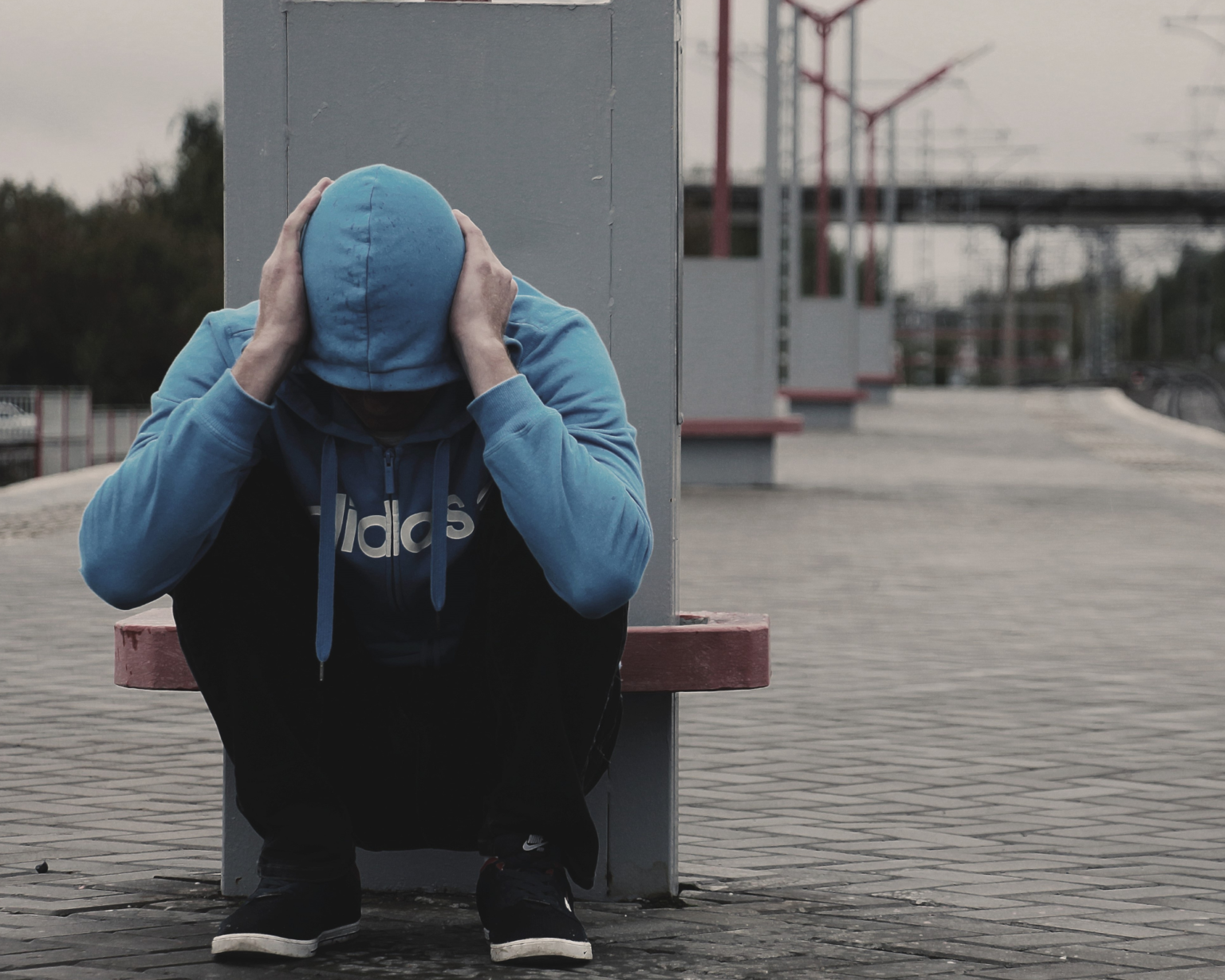Resources for Addiction
Helping a loved one through an addiction is never an easy thing to do. Families are a huge part of a person’s recovery. It can be even more daunting for a family of a person with a physical or intellectual disability to find the right resources for a loved one that is struggling with an addiction. There may have been the misconception that people with IDD do not use alcohol or drugs, but that myth has been dispelled. While the rate of people with intellectual or developmental disabilities who are using illicit drugs may be lower, the rates are similar to the general population for alcohol use (35.5 to 47% for the general population). The rates for cigarette smoking are about the same, at 20.5%.
Whether it is a teen, adult child or even a sibling that you support, finding appropriate and accessible services can be challenging but it can be done. Depending on your community, there may be a variety of addiction services available. You will want to consider different aspects of each service to see what will work best for your family.
Here are some factors to consider when you are looking for services for addiction and ways to support your family member:
- Does the provider have experience/training with working with people with Intellectual or Developmental Disabilities, IDD. Do they understand the person’s disability and its potential impact on their substance use disorder recovery.
- Your Care Manager is a strong advocate for your loved one. Include them in looking for resources and treatment services. They can ensure that all of the person’s services will support them through their recovery from drugs or alcohol use. They will have knowledge of a wide array of services and help you navigate the linkage between treatment providers, and the person’s current services.
- Is the provider using techniques that the person will benefit from. Role playing or expressive therapy are helpful for people with IDD. Do they understand how treatment discussions will need to be concrete with examples of ideas and principles. Are they using terms and concepts that your loved one will understand.
- Substance Abuse and Mental Health Services Administration, SAMHSA can help. This national helpline is a confidential, 24/7, treatment and referral information service for families and individuals seeking treatment services. 1-800-662-HELP (4357)
You are not alone. There are several groups that can support family members of a loved one with addiction issues before and during recovery. They offer opportunities to be in person or participate virtually.
Support Groups for Families
Al-Anon – for families and individuals providing support for someone with alcohol addiction
Alateen – for adolescents that are affected by alcohol addiction of family members
Nar-Anon– 12 step program for family and friends of people who are addicted to drugs.
PAL – Parents of Addicted Loved Ones is a Christian based non-profit that provides support to parents who have children addicted to drugs or alcohol
Families Anonymous – 12 step program for family members of people addicted to drugs, alcohol or have related behavioral health conditions.
SMART Recovery Family and Friends – secular alternative to Al-Anon and similar spirituality-based interventions is a science-based program for family members of people living with addiction.
GRASP – Grief Recovery After Substance Passing is designed to support families and loved ones who have lost someone they love to addiction and overdose.
NAMI Family Support Group – The National Alliance on Mental Illness is a broad support group for adult family members of anyone who has experienced the symptoms of a mental health condition
Fine more resources available on the Community Resource Tool.

